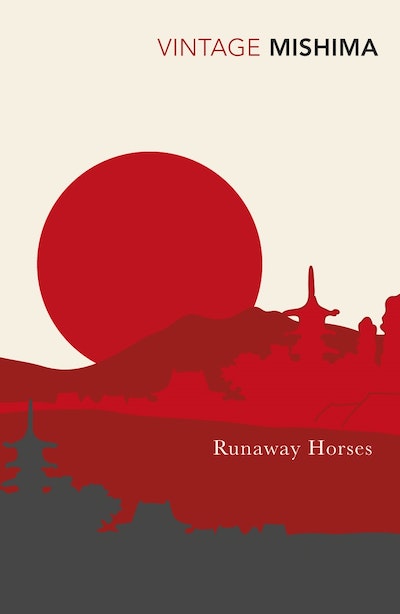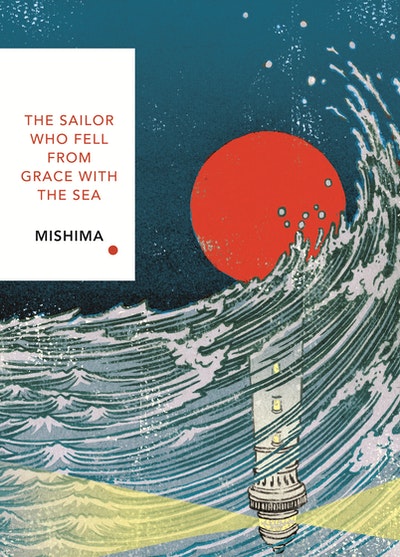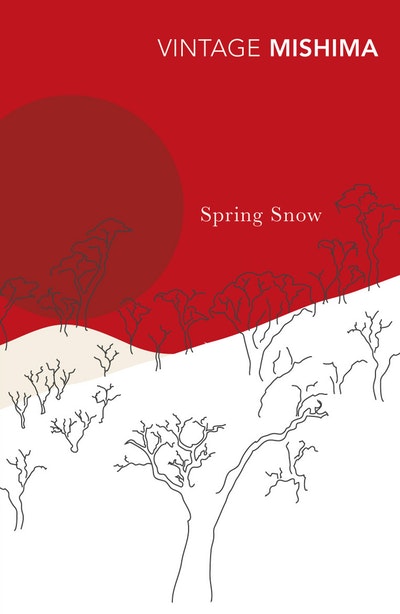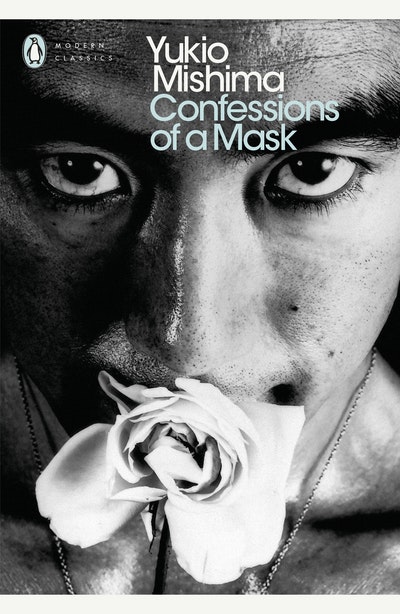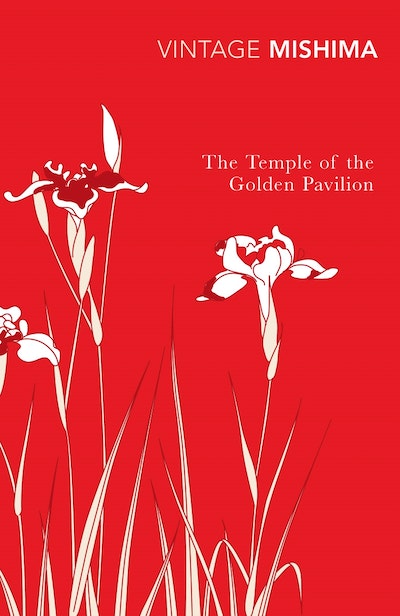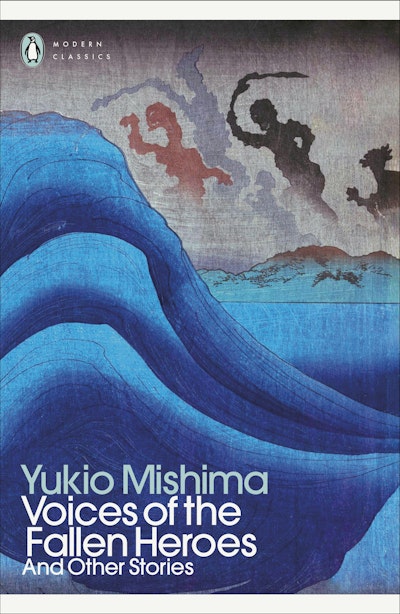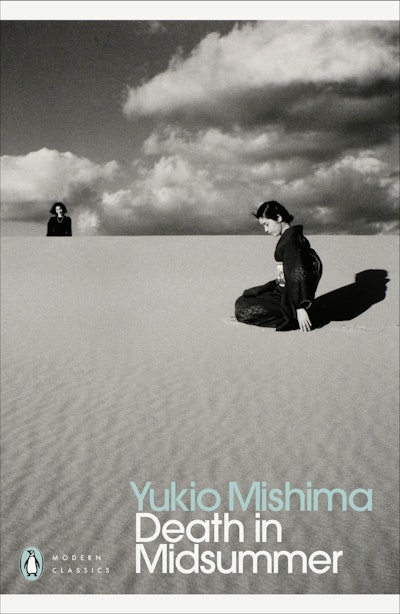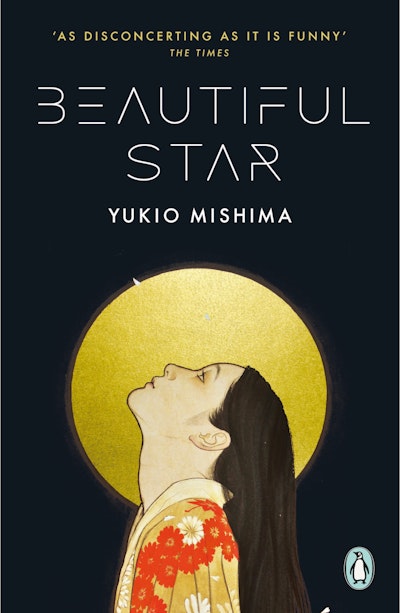- Published: 6 October 2000
- ISBN: 9780099282891
- Imprint: Vintage Classics
- Format: Paperback
- Pages: 432
- RRP: $24.99
Runaway Horses
- Published: 6 October 2000
- ISBN: 9780099282891
- Imprint: Vintage Classics
- Format: Paperback
- Pages: 432
- RRP: $24.99
In Runaway Horses Mishima writes of a desire to destroy or subvert beauty at its height, thus strengthening its appeal and preventing its slow decay
New York Times
One of the great writers of the twentieth century
Los Angeles Times
Mishima's novels exude a monstrous and compulsive weirdness, and seem to take place in a kind of purgatory for the depraved
Angela Carter
This tetralogy is considered one of Yukio Mishima's greatest works. It could also be considered a catalogue of Mishima's obsessions with death, sexuality and the samurai ethic. Spanning much of the 20th century, the tetralogy begins in 1912 when Shigekuni Honda is a young man and ends in the 1960s with Honda old and unable to distinguish reality from illusion. En route, the books chronicle the changes in Japan that meant the devaluation of the samurai tradition and the waning of the aristocracy
Washington Post
Mishima succeeded, unlike any other writer before him, in creating a glittering alloy of Eastern and Western traditions, classical and contemporary forms
New York Times
Japan's foremost man of letters
Spectator
In Runaway Horses Mishima writes of a desire to destroy or subvert beauty at its height, thus strengthening its appeal and preventing its slow decay
New York Times
One of the great writers of the twentieth century
Los Angeles Times
Mishima succeeded, unlike any other writer before him, in creating a glittering alloy of Eastern and Western traditions, classical and contemporary forms
New York Times
This tetralogy is considered one of Yukio Mishima's greatest works. It could also be considered a catalogue of Mishima's obsessions with death, sexuality and the samurai ethic. Spanning much of the 20th century, the tetralogy begins in 1912 when Shigekuni Honda is a young man and ends in the 1960s with Honda old and unable to distinguish reality from illusion. En route, the books chronicle the changes in Japan that meant the devaluation of the samurai tradition and the waning of the aristocracy
Washington Post
Mishima's novels exude a monstrous and compulsive weirdness, and seem to take place in a kind of purgatory for the depraved
Angela Carter
Japan's foremost man of letters
Spectator
